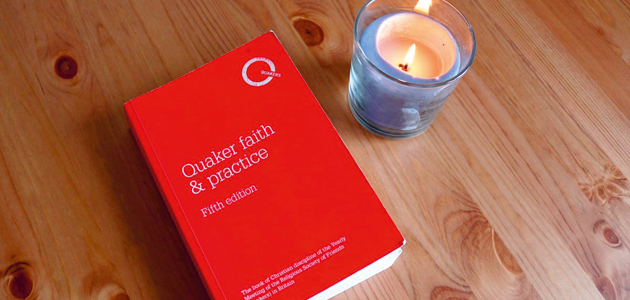I had a stroke in my mother's womb and as a result I was born with paralysis down the right-hand side of my body. No operation could 'fix' me and only intensive physiotherapy in childhood could help improve the functionality of those muscles that had been weakened by the stroke.
I 'coped' reletivly well into adulthood. I went to University and had a career working as an IT as well as being a qualify lecturer working in Further Education teaching adults with dyslexia.
However, eight years ago, aged 35, I suffered what I can only described as a 'second stroke' that caused immense pain in my muscles and severely affected my mental state. I've read that people born with disabilities have difficulty coping as adults when their condition worsens. This was defiantly true in my case. I had to stop working and concentrate on recovery. However, I entered into a black hole of depression and as a consequence made some very poor life choices.
By the time I turned 40, I was coping a lot better physically but mentally my mind still felt shattered. It was at this point that I decided the best way forward was to find faith in something I could believe in. I'd previously experimented with Buddhism and Christianity but never really felt 'connected' to either.
From a local library, I read about 30 faith-based books before I came across Quaker Faith & Practice. When I read the introduction and the first chapter, Advice & Queries, a tingle of excitement ran down my spine. I carried on reading and when I got to the page 'Ways of Seeking' I decided there and then I was going to be a Quaker.
 What appealed to me the most is that the Quakers have no creed. There is nothing to say a Quaker must believe this or that. If you believe in God or not, it's your choice. Every Quaker must speak for themselves and seek their own spiritual path.
What appealed to me the most is that the Quakers have no creed. There is nothing to say a Quaker must believe this or that. If you believe in God or not, it's your choice. Every Quaker must speak for themselves and seek their own spiritual path.
What binds Quakers together are the testimonies. These are most commonly referred to as SPICES:
- Simplicity
- Peace
- Integretity
- Community
- Equality
- Stewardship / Sustainability
Quakers live their everyday lives through these testimonies, interpreting them as they best see fit.
For me, it is the Equality testimony that I find most powerful. When the Quakers began in mid 17th century England, it was the Church that decided who should and shouldn't receive God's love. The Quakers rejected this and adopted the belief in Universal Love.
It may seem strange to think in this day and age, but at the time Universal Love was a highly controversial belief. This was because it took power away from the Church of England who claimed to have the authority, on behalf of God, to say who was and wasn’t worthy.
In essence, Universal Love means equality. You have an equal right to love and be loved in return no matter who you are. For me, I find an acceptance within the Quaker community that I've yet to experience elsewhere.
I'm now 43 and have been a Quaker for almost four years. My mental health has improved and I'm probably happier in my own skin than I have ever been.
